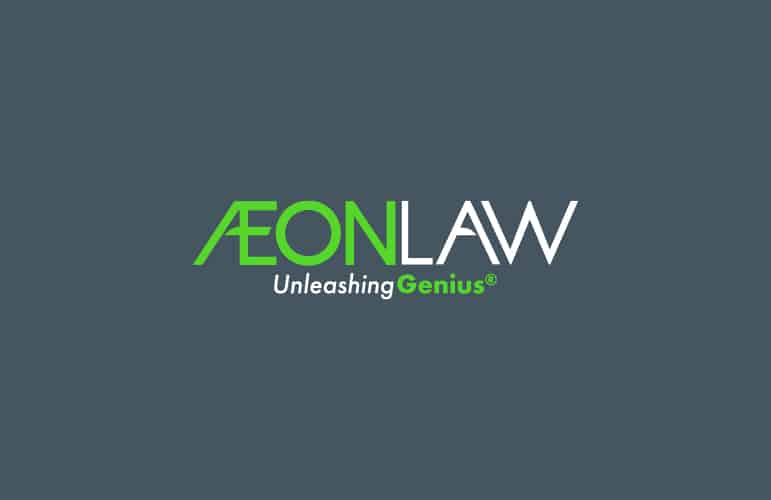On August 23, 2011, the Court of Appeals of the Federal Circuit (CAFC) affirmed a lower court summary judgment ruling rejected claims 2 and 3 in US Patent No. 6,029,154 (‘154) as ineligible because they failed to teach a patentable invention, and instead described mere “mental processes.”
The ‘154 patent, held by Cybersource, teaches “a method and system that works to prevent fraud in credit card transactions, by verifying that the customer who is purchasing the goods is actually the owner of the credit card.” col.1 ll.28–30. The system in ‘154 reviews internet addresses and information related to the card holder and compares it to other transactions associated with the card. The question is whether the gathering of such information and comparing it to known information is sufficient to constitute an invention under § 101, which sets the standard for patent eligibility.[i]
In CyberSource Corporation v. Retail Decisions, Inc., No. 2009-1358 (Fed. Cir. August 16, 2011, Cybersource argued that the process described by claim 3 was patentable as a process, and that the details offered in claim 2 constituted a “machine” or a process, by either standard was also patentable. The CAFC rejected Cybersource’s arguments, holding that the ‘154 claim 3 failed to meet the machine or transformation test, as the method did not have to be performed by a machine, but could be performed by the mind. Surprisingly, the CAFC also held that ‘154 claim 2 was not patent-eligible subject matter under 35 USC § 101 as it reiterated claim 3, and described non-patentable program instructions used by a machine. Further, the CAFC re-emphasized that processes that perform no more than the human mind, or teach abstract ideas are not patentable. The result of the CAFC decision is a narrower field of patentable processes and machines.
[i]The standard for patent-eligible subject matter under 35 USC § 101 allows patenting of any “useful process, machine, manufacture, or composition of matter, or any new and useful improvement thereof…”


